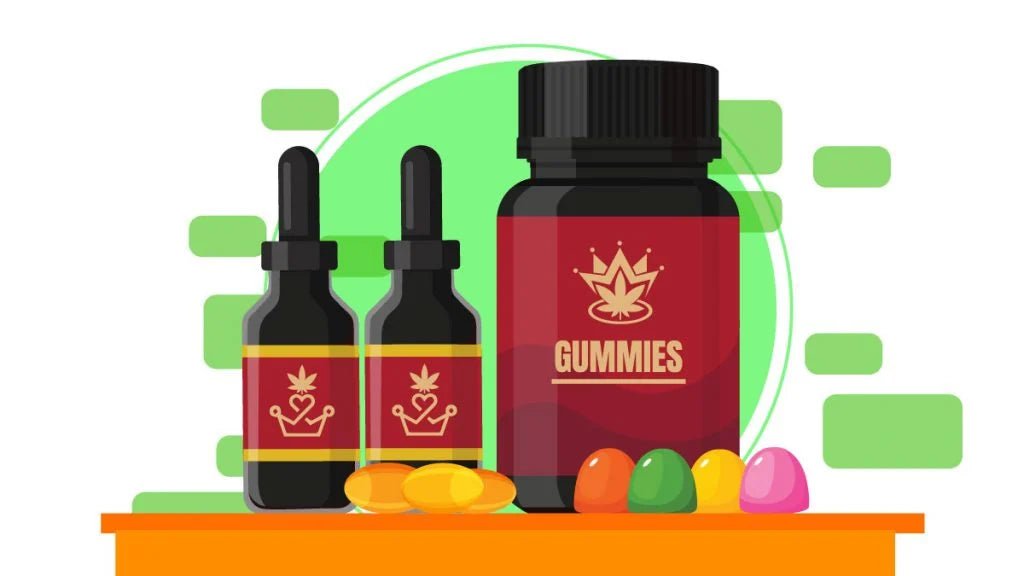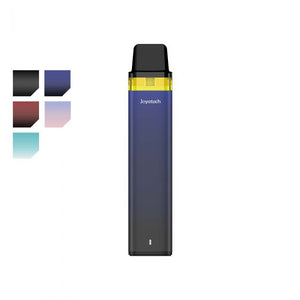Can You Overdose on CBD? A Comprehensive Exploration of CBD Safety

Can You Overdose on CBD? A Comprehensive Exploration of CBD Safety
Introduction
Cannabidiol (CBD), a non-psychoactive compound derived from the cannabis plant, has gained widespread popularity for its purported health benefits. Unlike its psychoactive counterpart, tetrahydrocannabinol (THC), CBD doesn't induce a "high" but is instead known for its potential therapeutic properties.
With the increasing use of CBD in various forms, including oils, tinctures, edibles, and topical applications, a common question arises: can you overdose on CBD? This blog post delves into the science behind CBD and explores the possibility of CBD overdose, its potential side effects, and safety considerations.
Understanding CBD and Its Effects
CBD interacts with the endocannabinoid system (ECS), a complex signaling system that regulates various physiological functions, including mood, pain, sleep, and appetite. By interacting with ECS receptors, CBD is believed to exert a range of effects, including:
- Reducing anxiety and stress
- Alleviating pain and inflammation
- Improving sleep quality
- Promoting relaxation and calming effects
Can You Overdose on CBD?
While CBD is generally considered safe and well-tolerated, there is a theoretical possibility of overdose. However, it's important to note that CBD overdose is not typically life-threatening.
According to the World Health Organization (WHO), CBD is "generally well tolerated and has a good safety profile". A 2011 review published in Current Drug Safety concluded that "CBD is devoid of toxicity in preclinical and clinical studies".
Studies have shown that even at very high doses, CBD does not cause significant adverse effects. In one study, participants received up to 1,500 mg of CBD per day for 13 weeks without experiencing severe side effects.
Potential Side Effects of CBD
While CBD is generally considered safe, it's important to be aware of potential side effects, which may include:
- Dry mouth
- Drowsiness or fatigue
- Digestive issues, such as diarrhea or constipation
- Lightheadedness or dizziness
- Interactions with other medications
Safety Considerations and Recommendations
To ensure safe and effective use of CBD, it's crucial to follow these recommendations:
-
Start with a low dose and gradually increase as needed.
-
Choose high-quality CBD products from reputable sources.
-
Consult with your healthcare provider before using CBD, especially if you have any underlying health conditions or are taking medications.
-
Be aware of potential interactions with other medications.
-
Store CBD products in a cool, dark place away from direct sunlight.
Conclusion
CBD is generally considered safe and well-tolerated, with a low risk of overdose. However, it's important to use CBD responsibly, starting with low doses and consulting with your healthcare provider if you have any concerns. By following these guidelines, you can reap the potential benefits of CBD while minimizing the risk of any adverse effects.
-
Posted in
cbd






